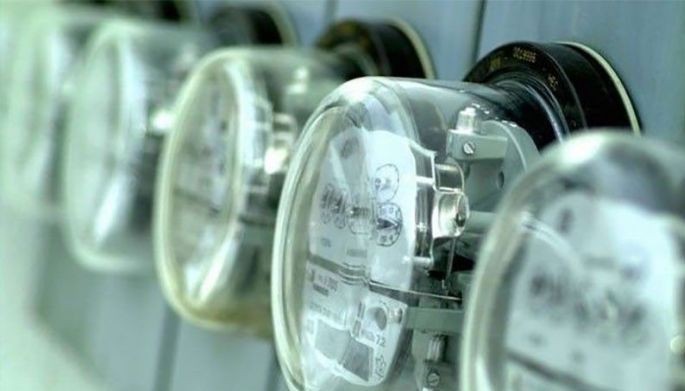MANILA, Philippines — The average price of electricity in the Wholesale Electricity Spot Market (WESM) declined again in September, marking a four-month downtrend.
Latest data from the Independent Electricity Market Operator of the Philippines (IEMOP) showed that system-wide WESM rates dropped by 34.7 percent to P3.88 per kilowatt-hour last month from August’s P5.94 per kWh.
“The low average preliminary WESM price is attributed to sustained large system supply margins, primarily because of cooler weather conditions,” said Arjon Valencia, IEMOP corporate planning and communications manager.
Operated by IEMOP, WESM is the centralized venue for trading electricity as a commodity where prices are determined by supply and demand.
In the Aug. 26 to Sept. 25 billing period, overall supply edged 3.2-percent higher to 20,348 megawatts from 19,718 MW, while demand dipped by 3.4 percent to 13,700 MW from 14,186 MW.
The supply margin, or the difference between the available supply and the actual demand, grew to 6,648 MW from 5,532 MW on a monthly basis.
In the Luzon grid, the average spot market price went down by 39.1 percent to P3.80 per kWh in September from the preceding month’s P6.24 per kWh.
The region’s supply inched up by 4.9 percent to 14,327 MW from 13,657 MW, while demand slipped by 4.3 percent to 9,746 MW from 10,180 MW.
This resulted in a supply margin of 4,581 MW for the month from 3,477 MW previously.
For Visayas, the average WESM rate fell by 34.2 percent to P4.56 per kWh from P6.93 per kWh.
Supply was up by 5.3 percent to 2,387 MW from 2,268 MW, while demand declined by 1.3 percent to 1,955 MW from 1,982 MW.
The region saw its supply margin improve to 432 MW last month from 286 MW.
Spot market price in Mindanao, meanwhile, was higher by 3.3 percent at P3.48 per kWh from P3.37 per kWh.
“Some Mindanao (power) plants went on outage in the third week of the billing period,” Valencia said.
Supply in the region declined by 4.2 percent to 3,635 MW from 3,794 MW, while demand slipped by 1.3 percent to 1,999 MW from 2,025 MW.
As a result, the supply margin narrowed to 1,636 MW from 1,769 MW on a monthly basis.
For the remaining months of the year, IEMOP expects the overall WESM rate to sustain its downward streak.
“If the performance of the plants will be the same as this month, it is possible for the WESM price to remain the same or even lower, especially since wind generation tends to be higher during the Amihan (northeast monsoon) season,” Valencia said.


